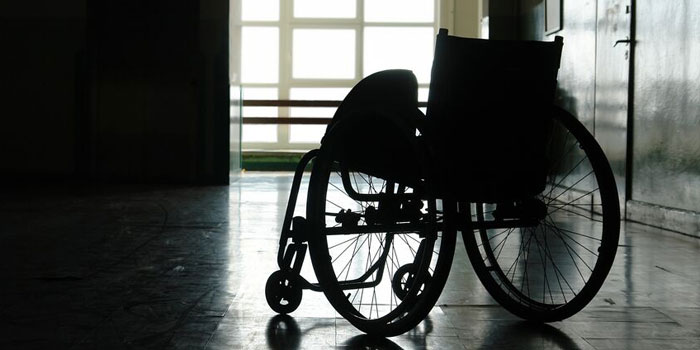The United Nations Convention on the Rights of Persons with Disabilities Committee released its Concluding Observations on Canada’s Disability Rights Record report on March 21, signaling its concern about a change to the nation’s Medical Assistance in Dying (MAiD) law. It specifically took issue with 2021 amendments that expanded the criteria for obtaining MAiD.
The report states, “The Committee is extremely concerned about the 2021 amendments to the State Party’s Criminal code through Bill C-7 that expanded the eligibility criteria for obtaining Medical Assistance in Dying (MAiD), known as ‘Track 2’ MAiD by removing the ‘foreseeable death’ criteria.”
It noted that similar concerns had already been expressed to the State Party by the Committee on the Elimination of Discrimination against Women, the Special Rapporteur on the Rights of Persons with Disabilities and during the Universal Periodic Review. In addition, the Committee said that the Special Rapporteur on the rights of persons with disabilities, the Special Rapporteur on extreme poverty and human rights, and the Independent Expert on the enjoyment of all human rights by older persons have said that disability is not a reason to promote assisted death.
The Committee also stated (emphasis added):
The federal government did not challenge the Quebec Truchon decision which fundamentally changes the whole premise of medical assistance in dying when natural death is reasonably foreseeable to a new program that establishes medically assisted dying for persons with disabilities based on negative, ableist perceptions of the quality and value of the life of persons with disabilities, including that ‘suffering’ is intrinsic to disability rather than the fact that inequality and discrimination cause and compound ‘suffering’ for persons with disabilities…
It argued, “The concept of ‘choice’ creates a false dichotomy by setting up the premise that if persons with disabilities are suffering, it is valid for the State Party to enable their death, with safeguards not guaranteeing the provision of support, and ableist assumptions deemphasizing the myriad of support options for persons with disabilities to live dignified lives…”
The report challenged Canada to address poverty alleviation, access to healthcare, accessible housing, prevention of homelessness, prevention of gender-based violence, the provision of community-based mental health support, and support to find employment.
It said that evidence shows women with disabilities and persons with disabilities in “marginalized situations” disproportionately access MAiD, and there is an increase in the number of persons with disabilities attempting to access MAiD.
In 2027, Canada plans to further expand Track 2 by allowing individuals whose “sole underlying condition is a mental illness” to die by assisted suicide.
It has also been proposed the MAiD be expanded to include “mature minors” and the ability for individuals to make advance requests for MAiD in case they lose their ability to coherently ask for death later in their lives.
The report recommended that Canada establish a federal independent oversight mechanism to monitor, regulate, and handle complaints in relation to MAiD.
However, as reported by Alex Schadenberg, chair of the Euthanasia Prevention Coalition, even if these changes were made, persons with disabilities could still request or be coerced into assisted suicide under MAiD Track 1 — which says the person’s death must be reasonably foreseeable but not within a specified time — and therefore, changes must be made to protect these individuals from the “direct coercion to die” that is often a part of the euthanasia process.








